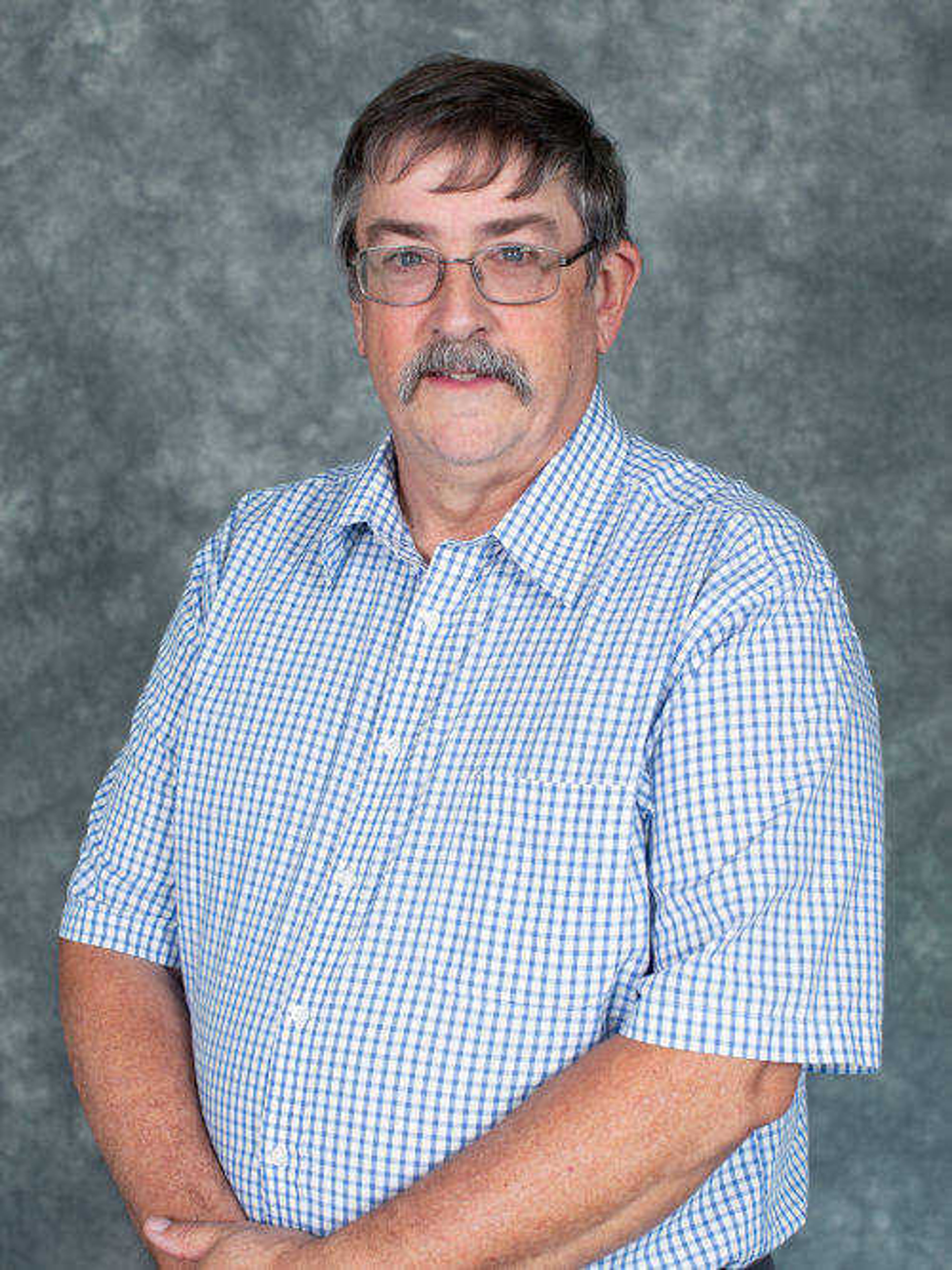Finding and using manuscript collections for genealogy
The first challenge in using manuscript collections for genealogy research is locating them. In common with most family documents, first assess what you and relatives have. There may be old letters, photographs, written materials and documents right in your own home. Ask relatives what they might have as well...
The first challenge in using manuscript collections for genealogy research is locating them. In common with most family documents, first assess what you and relatives have. There may be old letters, photographs, written materials and documents right in your own home. Ask relatives what they might have as well.
A variety of distinct types or organizations maintain manuscript collections. As one might expect, state historical societies maintain such collections as a primary part of their mission. For example, The State Historical Society of Missouri houses thousands of manuscript collections at six research centers, including the one in Cape Girardeau. Missouri also has the Missouri Historical Society in St. Louis, founded in 1866 "for the purpose of saving from oblivion the early history of the city and state." This society has many of the earliest document holdings for the state. Be aware that names of state historical societies may vary, one example being the Library of Virginia, which is that state's primary repository for both public and private document collections.
County archives and historical societies may have private manuscript collections. Always check to see if a county archive is solely for public records, however. County historical society collections vary, with some staffed by volunteers and open only limited hours while others have paid staff and are open during normal business hours. Similarly, some local communities have separate historical societies that may have manuscript collections.
Libraries are another location for research in manuscript collections. While larger libraries are typically associated with having large collections, local libraries may have substantial holdings. One Missouri example is the Springfield-Greene County Public Library, which has substantial collections related to the Ozark region.
Various organizations -- such as fraternal groups, religious denominations and businesses -- maintain archives. These can be quite valuable if your ancestor was a member of one of these groups or churches or worked at a business with an archive.
The National Archives and Records Administration is well-known for public records, but also has large manuscript holdings. Similarly, most states have state archives for public records, but may have large numbers of manuscript collections. The Missouri State Archives is a notable example.
If you are not sure about the existence, location or contact information of any of these repositories, use a search engine to find them. The Family Search wiki may have information about state, local or special interest archives for a given state or county. The National Genealogical Society's "Research in the States" series list many archival sources for states.
Before you begin seeking an ancestor in manuscripts, do research in all the accessible public and private records you can; that is, conduct reasonably exhaustive research. You will find information that can lead you to archives in which to focus your research. The first step in archival research is using online search resources. One of the foremost of these is ArchiveGrid. This resource includes over 7 million records describing a wide variety of archival materials, with over 1,400 archival collections represented in archives, libraries, museums and historical societies. It consists of records from the Online Computer Library Center's (OCLC) WorldCat database. Thus, ArchiveGrid includes only collections of member groups. It is fully searchable and often leads to links for finding aids. The search page is at researchworks.oclc.org/archivegrid/help/.
A similar tool for finding manuscript collections is the National Union Catalog of Manuscript Collections (NUCMC). NUCMC is a service provided by the Library of Congress, incorporating catalogue information for archival and manuscript collections in eligible repositories in the United States. It is fully searchable and free, with access at loc.gov/coll/nucmc/.
The Digital Public Library of America is an online collection of digitized manuscripts and other materials that are accessible online. There is a search box on the main web site at https://dp.la/. When doing any online search for an ancestor, it is a good idea to search in multiple ways: ; ; and enclosing the name in quotation marks or not.
A good overall strategy if you cannot locate your ancestor is to seek family members, associates and neighbors. You may find them and gain insight into your ancestor and his life. Depending on the archive, you can ask for copies (usually there is a fee for these), loan of the materials through a local archive or obtaining the materials by working with a local or staff researcher.
Connect with the Southeast Missourian Newsroom:
For corrections to this story or other insights for the editor, click here. To submit a letter to the editor, click here. To learn about the Southeast Missourian’s AI Policy, click here.











